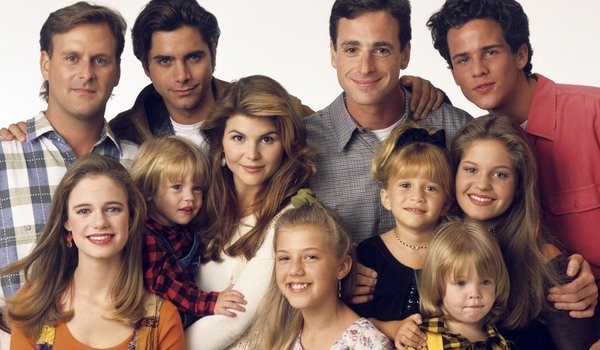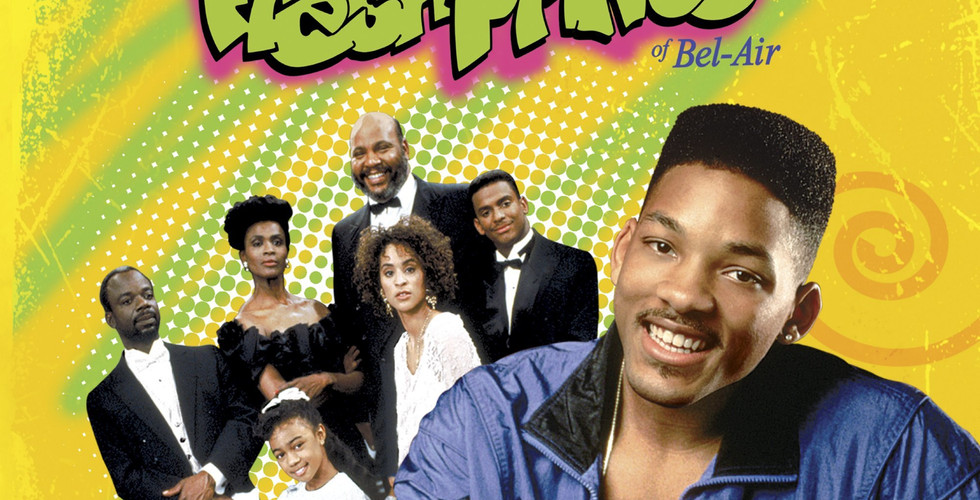If you’re a fan of television shows like Breaking Bad, Ozark, Mad Men or Game of Thrones you definitely owe it to the show The Sopranos, its creator David Chase and HBO. The show, which aired for the first time 1999, has been described and recognized by critics as the greatest and most groundbreaking show of all time. The writing, acting, and directing of the show have often been singled out for praise. The Sopranos has also been regarded as “perhaps the greatest pop culture masterpiece of its time” having brought in a new age and era of television, one which brought a cinematic flair from movies to TV.

For a long time, episodic television followed a simple set pattern which had been successful. Characters at the center of the show were essentially morally good people (FRIENDS, Full House, Fresh Prince of Bel-Air for example) who were forced to confront conflicts and challenges that could easily be resolved over the course of 25-30 minutes (the timing of a single episode). Week in and week out the protagonists were tested and put through challenging situations, but they never changed fundamentally.
With The Sopranos, the mainstream audiences were treated to a cinematic story (similar to those observed in movies) on TV that played out in an intricately layered manner each and every week. Every character on the show was flawed, the main characters died periodically and the production value was above and beyond anything on the line-up of channels at that time. The show’s dark subject and storyline and the characters’ immorality and layered nature distinguish The Sopranos from other TV shows of the time. The show pursued moral ambiguity making fairly relatable characters cross ethical lines. The creator of the show also wanted the audience to connect with the characters on a human level which he surely succeeded doing. It also brought attention to the mental health of the protagonists, tackling issues like panic attacks, anxiety and depression at a time when there was a massive stigma against mental health.
Over six seasons, HBO delivered something that was completely different from anything that had been seen before and The series helped establish HBO as producers of critically acclaimed and commercially successful original television series.

Tony Soprano (the protagonist of the show) made being bad and morally corrupt on TV look good and acceptable. Before The Sopranos, mainstream television was often considered a "safe" and "family-friendly" medium, one which could even be somewhat watched by children. Up until that point, television never crossed these types of ethical lines and challenge morality with its characters. The heroes and villains all stayed in their lanes without any major changes over the years.
The Sopranos changed all of that. With its brutal violence and inhibitions at showing the ugly sides of life, The Sopranos paved the road and was ground-breaking for the introduction of the “anti-hero”. A central character in a story, film, or drama who lacks conventional heroic attributes, the anti-hero protagonist’s introduction to the mainstream audience in The Sopranos eventually led to the development and portrayal of characters like Walter White in Breaking Bad and Mad Men’s Don Draper which have become iconic in their own right in popular culture. The Sopranos changed who got their stories told on television and also changed how those stories were told.
The Sopranos also revolutionised cinematic experiences at home, closing the gap between the theatre screen and the television screen at home. From the production equipment and crew to the way in which the show was shot, The Sopranos acted like TV’s first 13-hour movie one which played out one hour at a time, every week. It helped to turn serial television into a legitimate art form on the same level as feature films, literature, and theatre.

With the prequel to The Sopranos (Many Saints of Newark) releasing in the first week October it feels almost right to revisit the piece of art that led to creation of high budget cinematic bingeable shows which are ruling all the streaming services prevalent now. As Vince Gilligan, Breaking Bad’s creator, said, “Without Tony Soprano, there would be no Walter White.” With its contributions to the television medium and its influence on some of the most popular TV today, The Sopranos holds a special place in the rich history of great television, one which it will continue to hold forever.






















